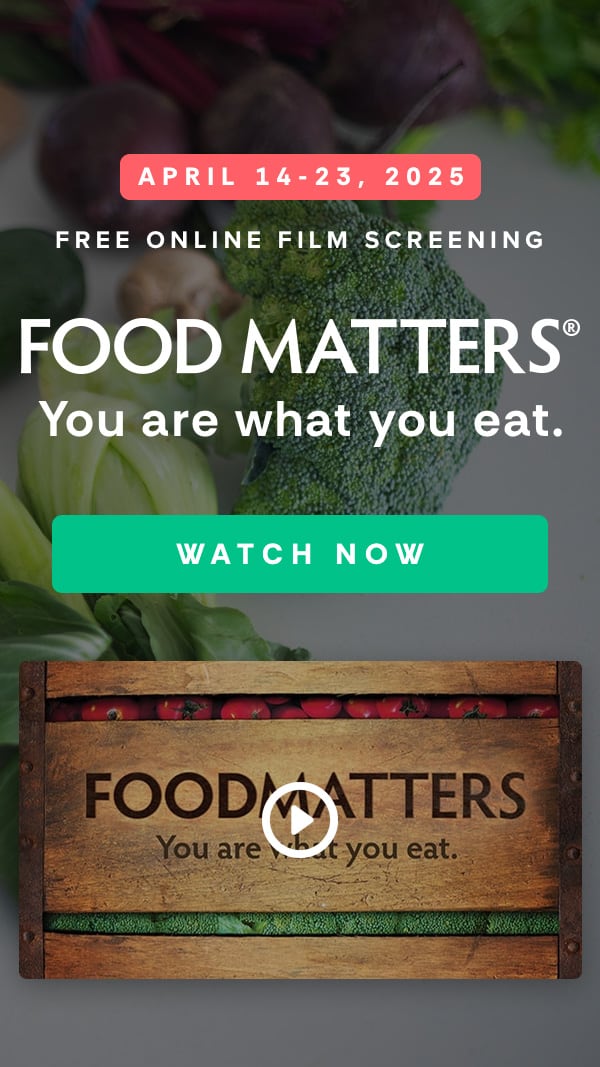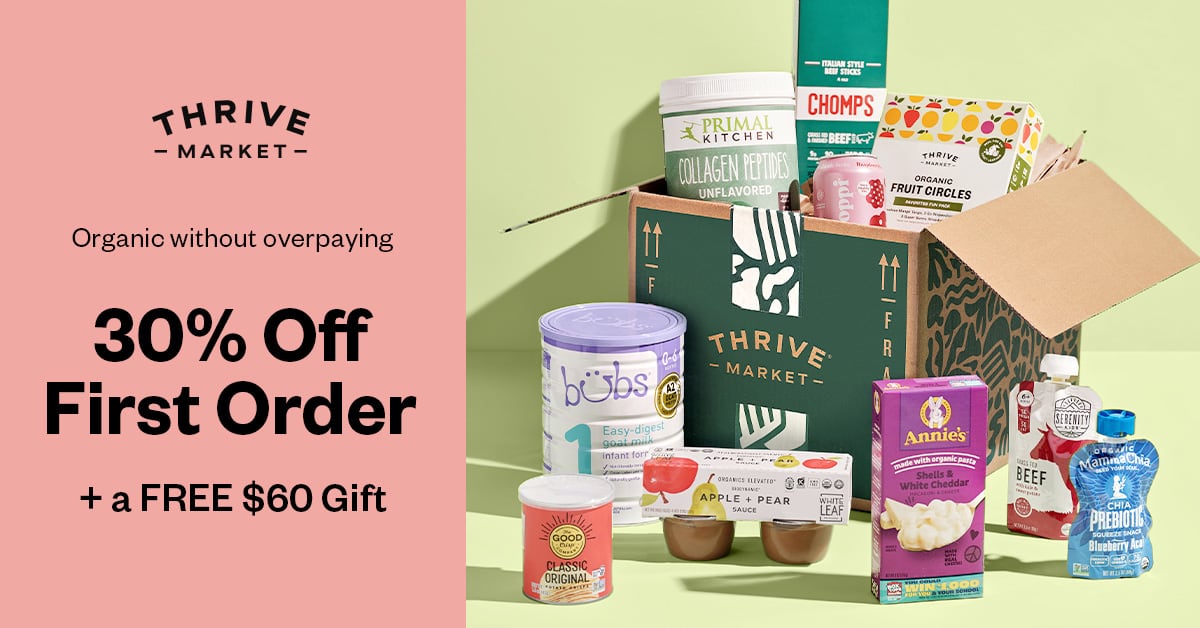Food Addiction: The Darker Side of Food
Food is one of the greatest things on this planet. It nourishes our bodies and feeds our appetites. As humans, we are fascinated with how food grows and marvel at all the different ways you can prepare and combine ingredients.
Our taste buds sure appreciate all the experimenting we do in the kitchen as well. However, when is food no longer helping us but hurting us? Although food addiction doesn’t make as many headlines as alcohol or drug addiction, it’s a disease nonetheless that many people suffer from.
We all enjoy eating good food, but how do you know if your eating habits are healthy or destructive? What exactly is food addiction? As it may turn out, you could be eating more than you can chew.
What is Food Addiction?
Just like the vices mentioned before, certain foods contain addictive properties that can get people hooked just as easily as smoking a cigarette. This is because many of the processed food products we consider as “junk food” contain ingredients that have incredible power over the chemicals our brains produce.
These ingredients, such as sugar, wheat, and fat, have the same effect in the reward center of our brains as illicit drugs do. When you eat one of your favorite sugary treats, your brain becomes flooded with the neurotransmitter dopamine. Dopamine is the chemical that makes us feel good, and when we experience a lot of it, we can’t get enough.
It doesn’t help either that junk food deactivates the leptin signal in your body, which lets your brain know when you had enough to eat. As you consume these kinds of food on a regular basis, the receptors in your brain will become more tolerant to the dopamine that is released, needing even more food to experience that “high”. Drug addiction and food addiction are frighteningly alike in that respect as well as causing withdrawal symptoms in individuals when they abstain.
Symptoms
It can be hard to tell if you’re suffering from food addiction since it can look different from person to person. For one thing, you don’t necessarily have to be overweight to be addicted to food. Individuals may have additional disorders as well that can fuel addiction such as depression, anxiety, and obsessive-compulsive disorder. However, here are more common symptoms most food addicts share:
- Feelings of discomfort when eating in front of others. This can lead to hiding your food or eating in secret.
- Eating or craving foods even though you’re full.
- Overeating to the point of feeling sick or eating more food than you planned to.
- Feelings of guilt when eating certain foods or amounts, but will continue eating habits anyways.
- Lack of control over dietary choices. Attempts at removing unhealthy foods from your diet have proven to be unsuccessful.
In addition to these symptoms, you may also develop diseases such as cancer, heart disease, and type 2 diabetes, of which you’ll have to take medications for regularly to remain healthy. Food and medical bills from your addiction can also adversely affect not only your credit but the relationships you have with your friends and family due to the financial strain.
Treatment Options
Unlike other addictions, food addiction treatment is a little harder since you can’t go cold turkey on food. You can live a long and fulfilling life without a drop of alcohol or an inhale from a cigarette, but you’ll only survive a few weeks without food. However, that doesn’t mean you have to eat everything under the sun to survive.
There are plenty of foods we can remove from our diet that we can live without. This includes all the processed food that get people addicted in the first place. Cutting out all of your favorite junk food can be a lot easier said than done, though. That’s why you need a game plan in place to help you when those cravings come.
First, you can cleanse your house of all unhealthy foods — especially the ones you crave the most — so that they’re not readily available to you when you want them. Convenience is one of the biggest enablers of bad habits. That being said, there will always be those days when you don’t feel like cooking a nutritious meal at home and will want to order takeout instead.
So before that day comes along, research the restaurants in your area that provide healthier options on their menus. That way you’ll have a go-to list and won’t just go to a favorite haunt out of habit. However, even if you had the most foolproof plan in the world, there’s still the possibility of relapse and that’s completely normal. The only thing that matters is that you pick yourself back up and try again.
Sometimes, though, addiction can be too much to handle on your own. There are a variety of resources available to food addicts, such as support groups like Food Addicts Anonymous and Overeaters Anonymous. Chapters can be found all over the country and Skype meetings are an option as well. If you’re looking for more professional help, there are psychologists and psychiatrists with training in food addiction that can be of service as well.
As a nation, we’re not just fighting obesity, but food addiction as well. Processed foods containing sugar, wheat, and fat takes up the majority of shelves in most grocery stores, making it harder for everyone, addicted or not, to make healthy eating choices.
If you do suspect you have an eating problem, start taking the necessary steps to abstain from junk food and find help in support groups as well as from trained professionals. You may be what you eat, but addiction does not have to define you. Each step you take will lead you to a healthier and happier you.









